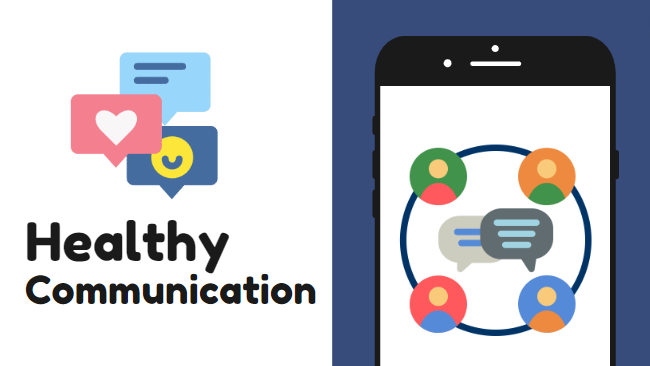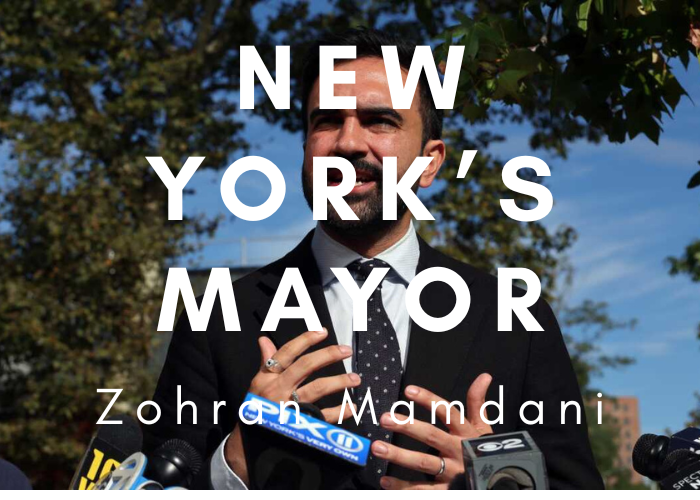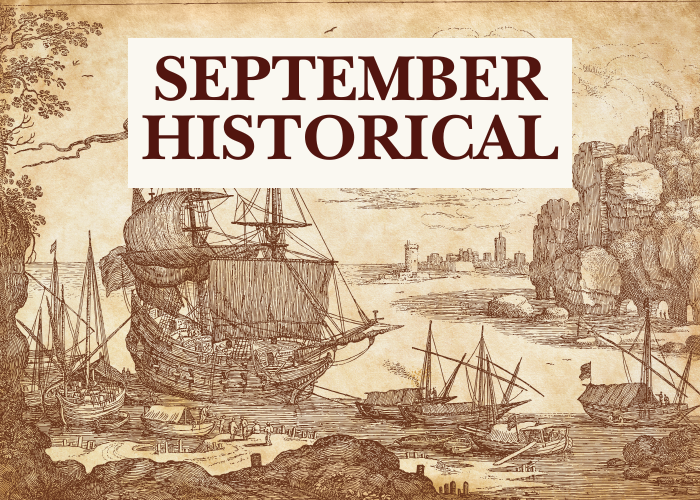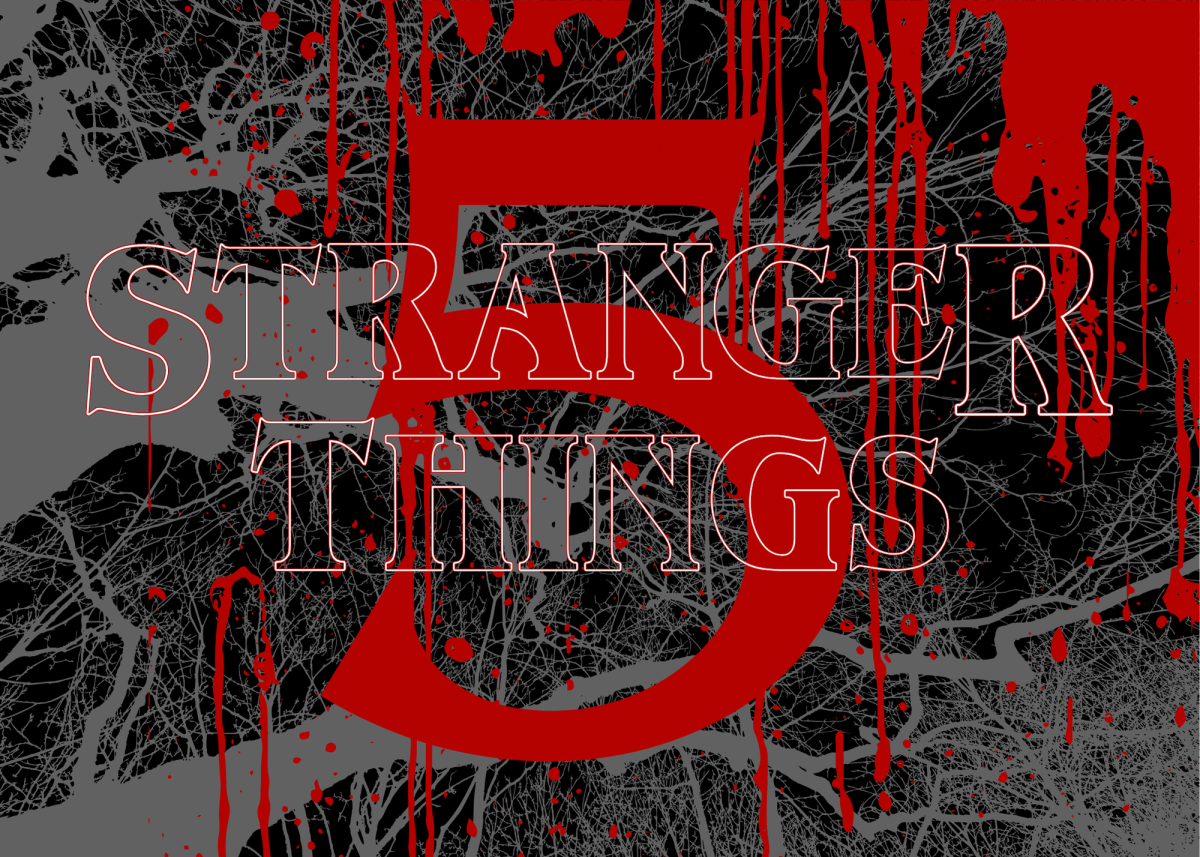Communication is very important in any form of relationship. Many people struggle with communicating and that stems from not really knowing how to talk to each other. There are many benefits to learning how to properly communicate.
Proper communication can lead to improved productivity, conflict resolution, better collaboration and trust building. Communication has also been shown to improve personal happiness and success in general.
“Healthy communication is based on truth; without communication you have the chance to lose it all, “said Jazmyn Crittenden, junior.
One way to improve your communication skills is to actively listen. Active listening is simply paying attention — showing attentiveness to what is being said and providing the right feedback. It can help both you and the person speaking remain engaged in the conversation and reassures the speaker that you are paying attention to them.
Asking questions is another great way to improve how you communicate. It can help you either gather information and learn more, or it can help you get to know someone if you ask open-ended questions to keep the conversation flowing. The more you learn about someone, the stronger the relationship you build will be.
“Don’t be dumb,” stated CW3 Hopper, JROTC instructor.
Another big thing is to learn how to effectively express your feelings. When you accurately communicate your emotions, it can help with your interpersonal relationships. It helps clarify how you feel and can initiate a conversation that will improve your relationship with another person. It is important that even if you are in an emotional state, you don’t let it get the best of you and to continue to work through your emotions in a healthy way.
Nonverbal communication is equally important. It can be eye contact, body language and social distance. If you give the right nonverbal cues, it can help put people at ease and even build their trust. It is important to pay attention to both your own body language and the other person’s body language as it can also help you figure out how they are feeling. Whether they are anxious, angry, or excited, it is important to be able to read body language.
Giving feedback is another good way to effectively communicate. Asking for or giving feedback can help improve your conversations and make it easier to communicate. It can also help ensure that that the point of your conversation is understood. Positive feedback shows appreciation and is productive.
Making eye contact can be helpful when communicating. It can show interest in the conversation and can convey a sense of openness and honesty. It can also keep your listener engaged in the conversation. Eye contact helps both people focus on the conversation and can also be helpful in reading facial expressions.
“Talk to one another when something is bothering you,” said Sophia Commodore, sophomore.
A big part in communication is ensuring both people understand what is happening and what they are talking about. The best way to improve your communication skills is to be clear and make sure you are also listening to what the other person has to say. Pay attention to body language to determine how the other person feels even if they don’t tell you and ask questions when needed.















